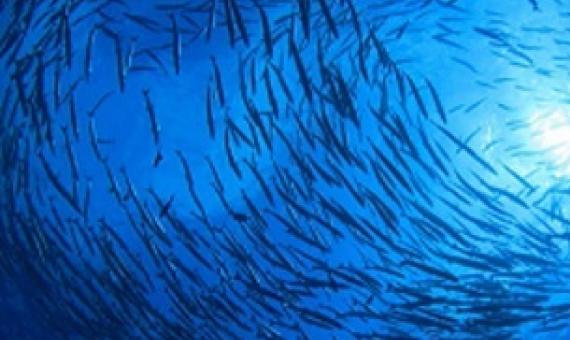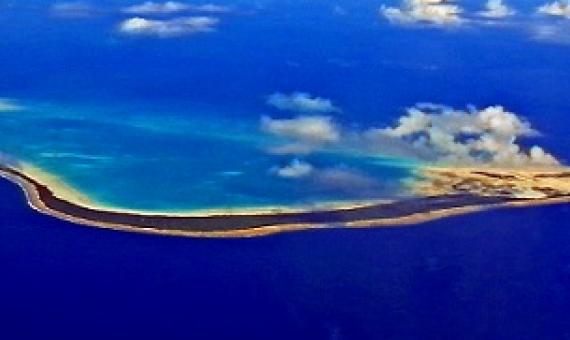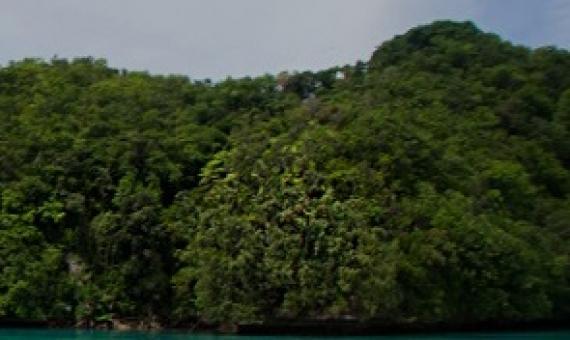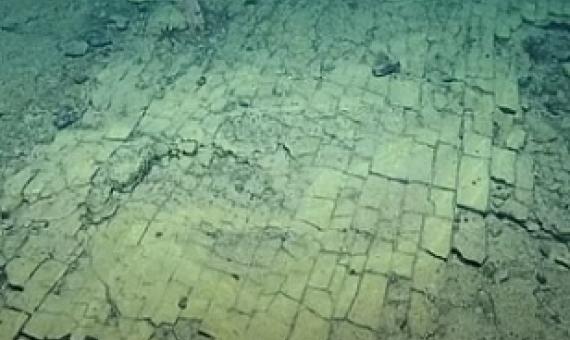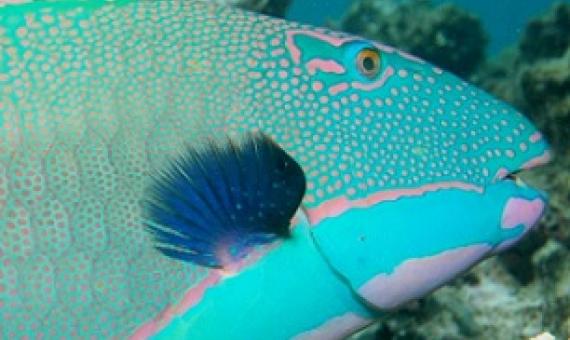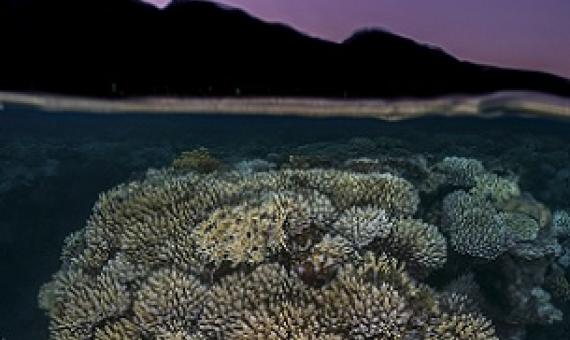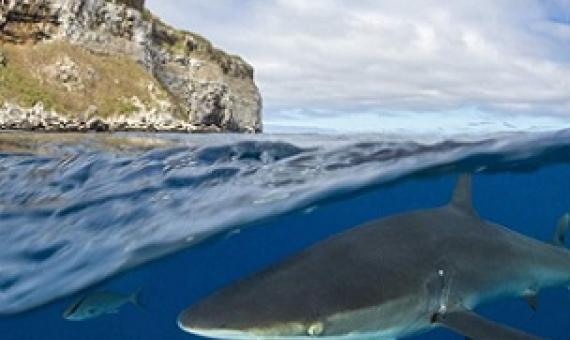Fiji is pursuing the biggest ocean governance transformation in its history, says Prime Minister Voreqe Bainimarama.
Billions of people around the world rely on the ocean for food, income and cultural identity. But climate change, overfishing and habitat destruction are unraveling ocean ecosystems.
Climate benefits from establishing marine protected areas targeted at blue carbon solutions
Marine protected areas (MPAs) are recognized as highly effective tools for marine conservation. They may also play an important role in mitigating climate change. A variety of climate change solutions are rooted in the ocean, centered primarily around “blue carbon” and the capacity of marine life to sequester carbon dioxide (CO2) with some potential to reduce emissions. However, the global potential of these solutions remains misunderstood and untapped.
China's foreign minister on Friday arrived on the remote Pacific nation of Kiribati, where the future of a vast fishing ground is at stake...At stake in Kiribati is the future of the Phoenix Islands Protected Area, a stretch of ocean the size of California that has been named a UNESCO World Herit
High-profile international commitments for ocean protection: Empty promises or meaningful progress?
As 2020 approaches, countries are accelerating their commitments to protect 10% of the ocean by establishing and expanding marine protected areas (MPAs) and other area-based protections. Since it began in 2014, the Our Ocean Conference (OOC) has become a high-profile platform to announce ocean commitments. To evaluate the impact of these promises, this analysis asked: (1) What are the MPA commitments? (2) Who is making them? (3)Have these announcements been followed by action? and (4) Have they contributed significantly to ocean protection?
The United States has signed a memorandum of understanding with Palau to strengthen the conservation and management of marine protected areas in the Pacific islands region, the U.S. State Department announced.
An expedition to a deep-sea ridge, just north of the Hawaiian Islands, has revealed an ancient dried-out lake bed paved with what looks like a yellow brick road.
Establishing new protected fishing areas along Fiji’s Great Sea Reef, and expanding new ones will mitigate the 33% decline in fish stock.
With the growing severity of marine heatwaves, mass coral bleaching and mortality have become widespread. A new study led by researchers at Florida Tech recommends multinational networks of protected reefs as the best chance corals have to persist through climate change.
Over the past decade, many countries have relied on the best available science to create large-scale highly and fully protected marine protected areas (MPAs) that prohibit damaging human activities, such as industrial fishing.


